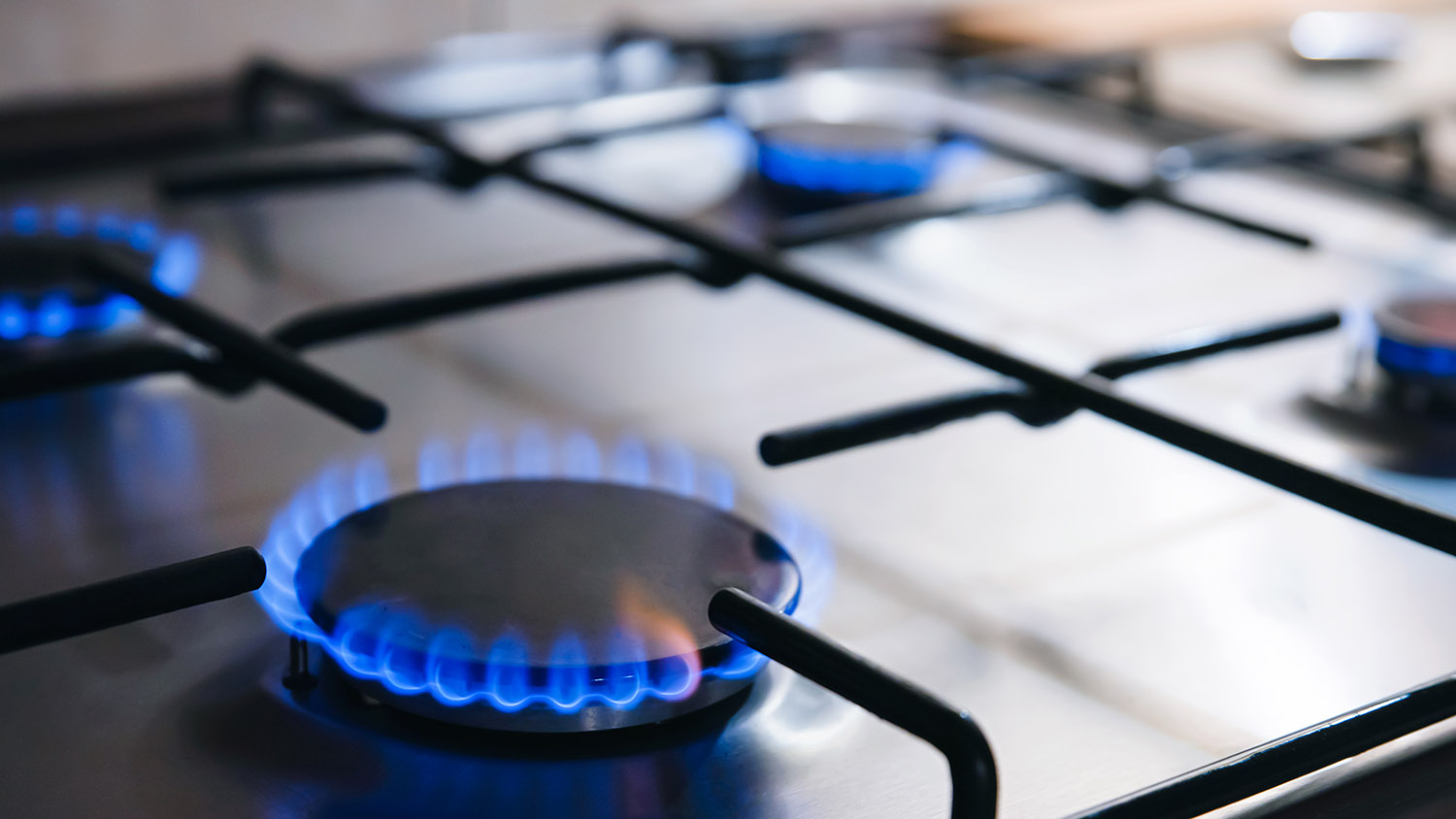
Discover the cost to install washer and dryer hookups. Learn about price factors, labor, materials, and tips to save on your laundry room project.
Don’t spin out—these questions will help you handle your repair project


Washers and dryers are essential parts of the home, especially if you have a large family. Regular servicing can extend their lifespan, but constant use will lead to inevitable repairs. While you can try to DIY the troubleshooting, we don’t recommend fixing the problem yourself. Become familiar with the following questions when you call a washer and dryer repair pro.
If there is any leaking, sparking, or burning smell, the service or repair may need to happen relatively quickly, if not immediately. For any error of either appliance, turn off the power to the room on your home’s power unit. Only then should you unplug the appliance. If you can’t easily reach the plug, shut off the power to the room until a pro has a look. Fortunately, most repairs are not emergencies.
If you have a separate washing machine and dryer, this should be obvious. However, if you have a combination machine, it may not be as easy to figure out if the washer or dryer component is broken. Most combination machines will not start either cycle if one is damaged. If there are no error codes to read, you will need to wait for a pro to diagnose the issue.
You can troubleshoot the issue yourself if you have the time. Even if you can’t decipher the exact issue, it will give you valuable information to pass on to a pro. Use your senses first—many issues with washers and dryers you can see, hear, or even smell (such as a burnt motor). If you can’t find the problem yourself, many modern appliances will show specific error codes if they have a screen.
The type of washing machine or dryer matters, and some pros will only work with specific brands due to the complexities of different models. Common washer types are front-load washers, top-loading washers, and combination washer/dryer units. Dryers can be electric, gas, front-load, top-load, vented, or non-vented. Knowing the type of washer or dryer you have is easy—find the model number and search it online. This is often on the front of the appliance.
Washers and dryers use a lot of power, so they have special hookups. The three-prong plugs will only work in certain parts of the home. These plugs are meant to handle serious power, so if one of your machines needs repair or servicing, be careful when handling these plugs and only do so when the power to the room is already switched off.
From average costs to expert advice, get all the answers you need to get your job done.

Discover the cost to install washer and dryer hookups. Learn about price factors, labor, materials, and tips to save on your laundry room project.

Get a clear estimate for stove repair costs. Learn what impacts pricing, compare repair vs. replacement, and find tips to save on your next stove repair.

Garbage disposals last five to 10 years, and replacement is preferred over repairs. Here’s everything you need to know about replacing your garbage disposal.

Gas stoves are the center of many meals, and when they break down, homeowners are left scrambling. Find out who you can call to fix your gas stove.

Unsure who to hire to install your range hood? Learn about the different professionals to consider and find the right one for your project.

Did you leave the gas on? If you went out and forgot to turn off the stove, don’t panic. Instead, remain calm and follow a few basic steps.